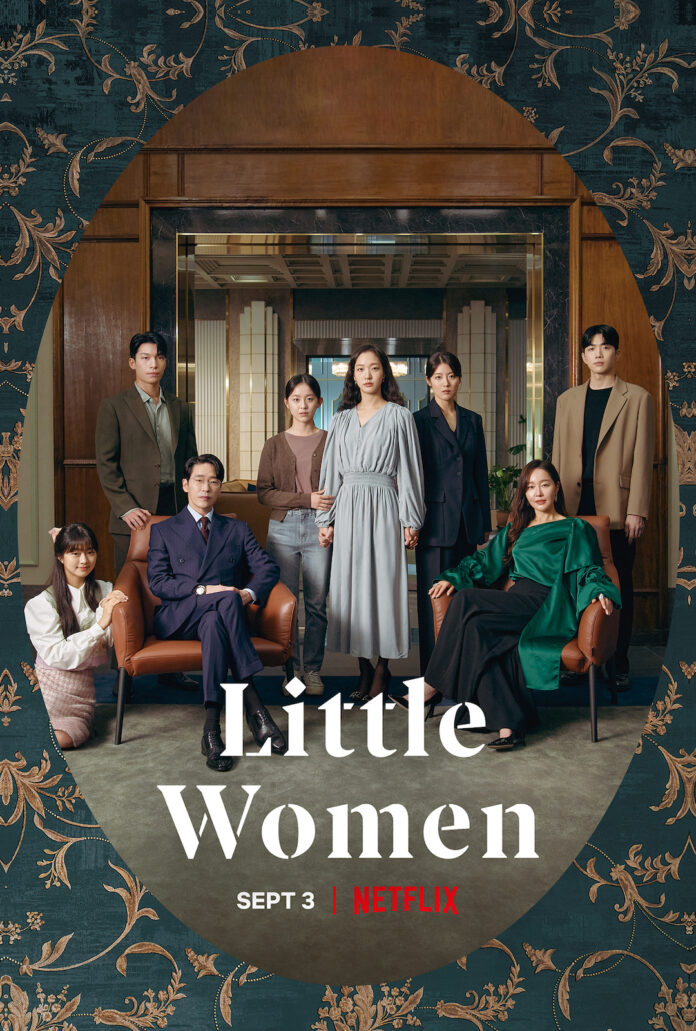Many of these popular shows follow plots that are too common and expected
By SARAH HAN — arts@theaggie.org
K-dramas are one of the most popular TV genres today. From romance to thriller, they tell stories that keep audiences on their toes. However, after watching one K-drama after another, there seems to be a recurring storyline for every type: romance K-dramas display a Cinderella-esque relationship between the male character(s) and female character, action K-dramas plot two groups against each other, thriller K-dramas center around the theme of capitalism and so on.
Arguably the most popular type of K-drama is romance. With the exception of a few, most romance dramas draw more sympathy for the female characters by categorizing them as socially poor or comparably worse off than their male counterparts. For example, “Our Beloved Summer” tells the story of Kook Yeon-soo and Choi Ung’s relationship, in which Yeon-soo, the female character, is unhappy with her life after high school while Choi Ung, the male character, is more than content.
Another popular drama is “Boys Over Flowers,” which follows the classic “rich guy, poor girl” trope: Geum Jan-di is a working-class girl that encounters the “F4,” which refers to the four richest boys in school.
Part of the reason for the recurring Cinderella trope in K-dramas might be due to its expectedness, as the female and male protagonists always eventually end up together. Another part of it might be that it’s a fantasized plot many viewers are drawn to. Regardless of the reason, the prevalence of the trope makes it harder to distinguish between individual shows.
The same plot does not only apply to romance K-dramas; in fact, action K-dramas nearly always plot two groups against each other. A prime example is the drama “IRIS,” in which IRIS is a group that rebels against the government. Throughout the entire series, the main characters Kim Hyun-jun, Jin Sa-woo and Choi Seung-hee face tumultuous situations while trying to defeat the supposedly evil IRIS group.
More recent examples include “Awaken,” a 2020 drama about a group of police officers and detectives that attempt to detect who initiated the mysterious murders occurring across the country. This drama similarly focuses on one morally good group of people attempting to prevent a supposedly evil group from doing harm to society. Action K-dramas, although they can have twists here and there, are expected to have the main group of characters “win” over the evil group. It’s a popular storyline among viewers because the expected ending garners a sense of satisfaction at the conclusion of the series.
The themes of K-dramas also tend to be similar or borderline identical. This is most prominent in thriller K-dramas, in which the most common theme surrounds the inequalities of capitalism and the stringent division between the rich and poor.
Netflix’s hit series “Squid Game” upholds the theme of social inequality particularly well. Players of the game compete against each other to win millions of dollars, while the headmasters comfortably enjoy watching the players get killed and eliminated round after round. The main theme of the drama is humans’ inherent desperation for money and the point at which that desperation forces them to put their lives on the line to obtain as much money as possible.
Another example includes the Netflix K-drama “Little Women,” which follows the financially disadvantaged Oh family as they are intertwined with the wealthiest family in South Korea, the Parks. Similar to “Squid Game,” this drama sheds light on social inequality by contrasting the poverty of the Oh family day-to-day with the lavish lifestyle of the Parks.
Social inequality seems to be a particularly common theme because it is one of the most foundational problems in society today. Therefore, by airing shows that highlight the extremities of this issue, K-dramas can pull in viewers that empathize with the characters facing economic challenges and envy those who aren’t.
Are similar storylines exclusive to K-dramas? Probably not. Other sitcoms, Netflix series and even movies follow similar storylines that overlap with each other. However, considering that K-dramas are noticeably similar to one another, many of their endings and structures feel too expected and common.
Written by: Sarah Han — arts@theaggie.org




